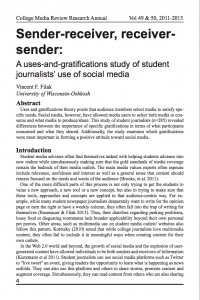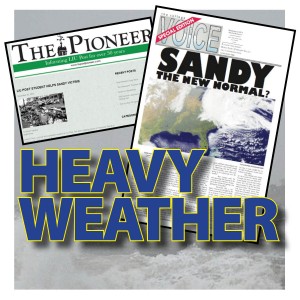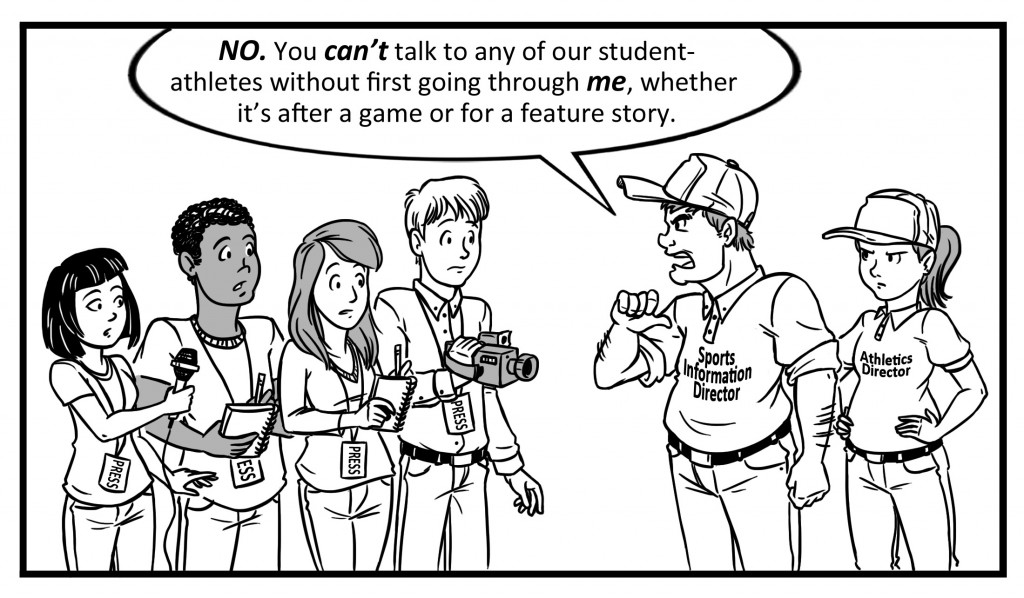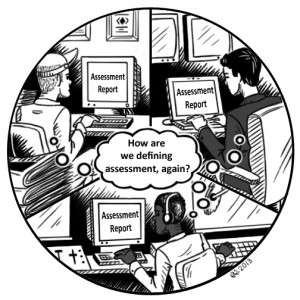Advisers deploy different strategies to try to maintain a healthy balance in their lives
By Susan Smith
South Dakota State University
Most jobs come with some level of stress, and advising a student media group is no exception. Advisers cope with that stress in a number of ways, from finding a good work/life balance to making sure students are trained to deal with day-to-day crises themselves.
Stress can bring on headaches, cause teeth grinding and mouth sores and contribute to a number of physical ailments including heart disease, according to Web MD.
Physical, emotional and environmental changes all contribute to stress. These stressors, when unmanaged, can begin to cause health problems or make already unhealthy conditions, like high cholesterol, worse, according to Web MD. Stress is linked to an increased risk of heart disease, but doctors aren’t sure how stress contributes to the illness.











